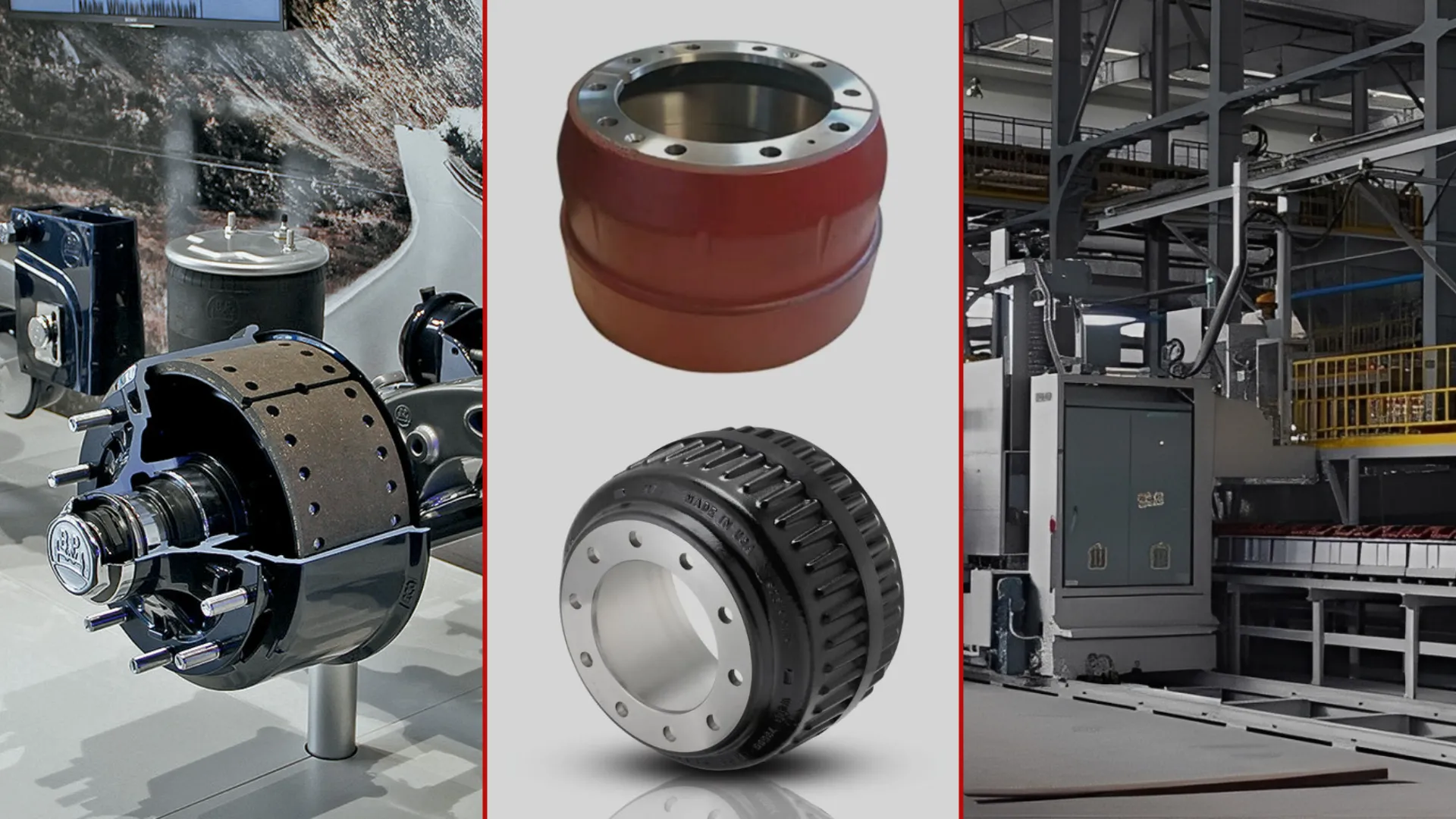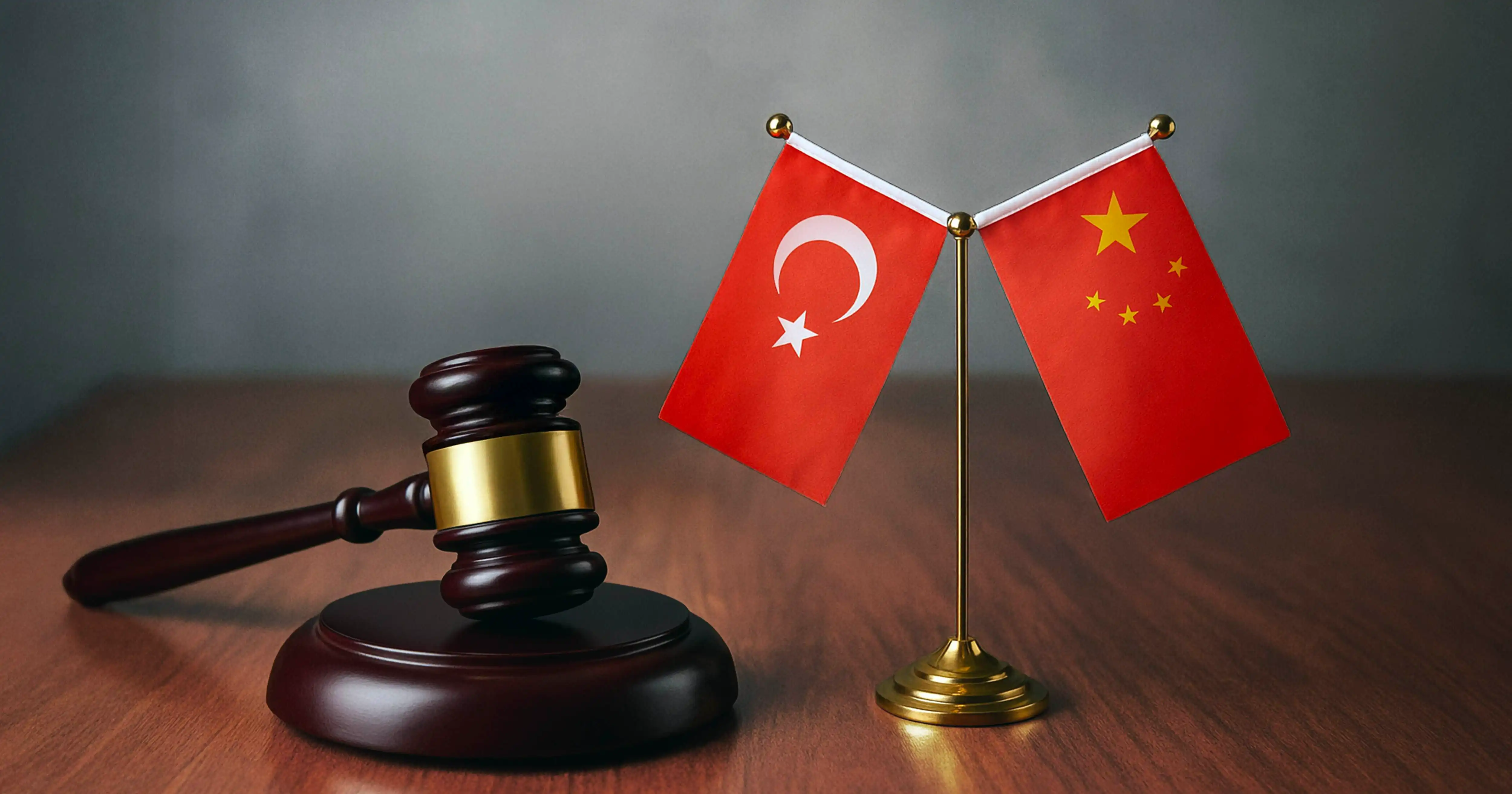Introduction
On August 12, 2025, the U.S. Department of Commerce (Commerce) issued its final countervailing duty (CVD) orders on certain brake drums imported from China and Turkey, following the U.S. International Trade Commission's (ITC) affirmative injury determination. The duties are now in effect and come with meaningful consequences for sourcing, pricing, and long-term procurement planning.
This ruling formally concludes a months-long trade investigation that began in late 2024 and significantly alters the cost structure for importers relying on affected suppliers.
Timeline and Regulatory Steps
The countervailing duty process followed a multi-phase investigation, as required by U.S. trade law. From petition filing to final injury determination, both Commerce and the International Trade Commission (ITC) evaluated whether brake drum imports from China and Türkiye benefited from unfair subsidies and whether those imports materially harmed U.S. manufacturers.
- July 11, 2024: Commerce initiated CVD investigations into brake drums from China and Türkiye based on a petition from Webb Wheel.
- June 18, 2025: Commerce issued its final affirmative subsidy determinations; the ITC followed with an injury determination by August 4, 2025.
- August 12, 2025: The final CVD orders took effect. Unliquidated entries dated December 3, 2024, forward are subject to duties, under suspension of liquidation, and require cash deposits.
Scope of the Orders
This order applies to brake drums that are:
- Manufactured in and exported from China and Turkey.
- Made of gray cast iron, finished or unfinished, with an inside diameter between 14.75 and 16.6 inches and weighing over 50 pounds (typically used in a variety of heavy-duty and commercial vehicle applications).
- Imported individually, as part of an assembly, or further processed in a third country.

Liquidation & Cash Deposit Suspension
Effective on the date of publication of the ITC's final affirmative injury determination, Commerce has instructed the U.S. Customs and Border Protection (CBP) to:
- Reinstate suspension of liquidation for subject imports;
- Assess final countervailing duties based on the published rates;
- Collect cash deposits equal to the subsidy rates at the time of import.
These requirements will remain in effect until further notice and apply to all future entries of subject merchandise.
Estimated CVD Rates on China and Turkey
The specific estimated countervailable subsidy rates are as follows:
Countervailable Subsidy Rates for China
The investigation resulted in sharply different CVD rates for Chinese exporters, depending on their level of cooperation:
Companies that failed to provide requested documentation or did not participate fully in the investigation received the highest punitive rate – over 446% – making brake drum imports from those suppliers effectively nonviable.
Countervailable Subsidy Rates for Turkey
A similar pattern was seen in Turkey, where exporters received significantly different rates depending on their participation:
EKU and other compliant exporters received a modest 2.80% rate, while companies with incomplete or unverified submissions were hit with over 131% – a massive difference that could alter supplier viability overnight.
What This Means for U.S. Importers
For importers sourcing brake drums from China or Turkey, these duty rates now apply to all entries beginning August 12, 2025. The impact on landed cost, margin, and sourcing strategy could be significant, especially for businesses importing from the higher-rated exporters.
The impacts are real and immediate. The U.S. Customs and Border Protection (CBP) is now:
- Reinstating suspension of liquidation for subject imports;
- Collecting cash deposits equal to the subsidy rates;
- Assessing final CVDs retroactively for entries made since December 3, 2024.
Companies that source from high-rate suppliers will face significantly higher costs and will need to reevaluate sourcing strategies to protect margin and reduce risk.
At TBP Auto, we’ve seen firsthand how quickly trade dynamics can shift. The finalization of this ruling reinforces the value of transparency, traceability, and partnership in international sourcing. Whether you're a distributor, OEM buyer, or fleet operator, staying ahead of policy changes like this is now part of doing business.
As trade policy becomes more complex, understanding the risks tied to your suppliers is as important as evaluating price or lead time.
Final Thoughts
The countervailing duties imposed by the U.S. are not just numbers – they’re a wake-up call for importers to regularly review and diversify their supplier base. While the road ahead may be uncertain, proactive planning can help businesses maintain continuity, manage costs, and reduce exposure to sudden trade shocks.
If you're currently evaluating sourcing decisions in light of these changes, stay informed, review the official determination here, and ensure your supply chain is ready for what’s next.




